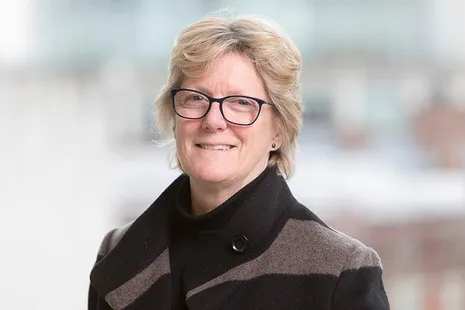Dame Sally Davis, United Kingdom
Antibiotics are often underestimated in their significance to modern medicine. Since Alexander Fleming discovered penicillin in 1928, these life-saving drugs have added, on average, 20 years to our lives. But they do far more than treat common infections; they are fundamental to the success of complex medical procedures, including organ transplants, intensive care, and cancer treatments.
I’ve personally witnessed the critical importance of antibiotics through my former husband’s battle with leukemia. Although he did not die from a drug-resistant infection, I saw firsthand how essential these medications are for cancer patients. Unfortunately, the rise of antimicrobial resistance (AMR) threatens to undermine this vital support system.
Bacteria, fungi, and other microbes are incredibly adaptive. They can rapidly develop resistance to the drugs designed to kill them, especially when these drugs are misused or overprescribed. This resistance is not just a future threat—it’s happening now, and it’s making once-treatable infections increasingly deadly.
Cancer patients are particularly vulnerable. Their immune systems are often weakened by treatments like chemotherapy and radiotherapy, making them more susceptible to infections. In fact, 1 in 5 cancer patients undergoing treatment ends up hospitalized due to infection. Without effective antibiotics, their risk of death from infections like pneumonia and sepsis rises dramatically. Studies suggest that 8.5% of cancer deaths are due to severe sepsis—a statistic that highlights the gravity of the situation.
The global community recognizes AMR as an existential threat, but we haven’t done enough to combat it. We need to communicate the urgency of this issue more effectively, especially within the cancer community. Cancer patients, their families, and healthcare providers must become advocates for better antibiotic stewardship and the development of new treatments.
Innovative solutions are emerging. For instance, the UK’s subscription-based model for antibiotic development, which guarantees payment to pharmaceutical companies regardless of how much of the drug is used, is one approach to overcoming market failures. This model ensures that new, life-saving antibiotics are developed and remain available for those who need them most.
Vaccines also play a critical role in preventing infections and reducing the need for antibiotics. The example of Pakistan’s mass vaccination campaign against drug-resistant typhoid, which led to a 66% reduction in cases, demonstrates the power of vaccines in the fight against AMR.
Looking ahead to the 2024 United Nations General Assembly high-level meeting on AMR, I have high hopes for concrete outcomes. We need One Health targets that address human, animal, and environmental health, and we must develop robust accountability frameworks to ensure progress.
The cancer community can be a powerful voice in this fight. Cancer patients come from all walks of life, and many have the ability to influence public opinion, policy, and industry practices. By advocating for responsible antibiotic use and supporting efforts to combat AMR, they can help protect the future of cancer treatment and global health.
Together, we can move mountains.
This text is based on a Let's Talk Cancer podcast episode "Superbugs and drug resistance: a threat to humanity" with Professor Dame Sally Davies and Dr Cary Adams. Dame Sally Davies is the UK special envoy on antimicrobial resistance and former chief medical officer for England.


Resource Information
Last update
Friday 01 November 2024